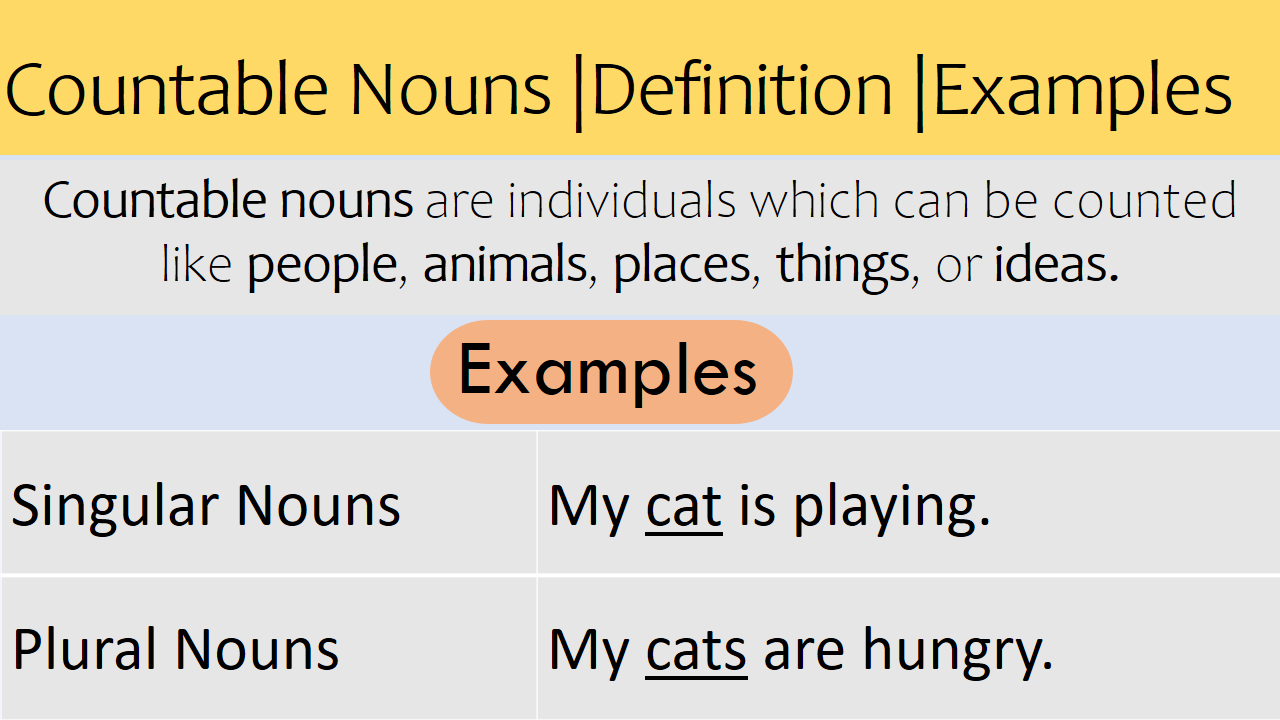

On the other hand, the word luck refers to a complex idea about how likely it is that good or bad events are going to happen to someone. Abstract nouns refer to intangible things that don’t exist as physical objects.įor example, the word cat refers to a cute animal.

You cannot see, smell, hear, taste, or touch abstract nouns. These nouns refer to the people and physical objects that we interact with.īut what about the things that we can’t actually see or touch? Aren’t words like love, victory, and alliance nouns, too? Yes, they are, and there is a term you may not remember from your grade-school days that we use to refer to these things: the abstract noun.Īn abstract noun is “a noun denoting something immaterial and abstract.” Another common way to think about abstract nouns is that they refer to things that you cannot experience with the five senses. And there are, of course, several different types of nouns that we use to refer to all of the things we experience during our lives: We eat food. Singular nouns require singular agreement with their verbs and adjectives.You probably know that a noun is a word that refers to a person, place, thing, or idea-this is a grammar concept we learn pretty early on in school.Plural nouns refer to more than one of a given noun.Summary: What is a Singular Noun?ĭefine singular noun: the definition of singular noun is the form of a word that refers to just one person or thing. his/her/its house AND his/her/its housesįill in the blank with the appropriate verb or demonstrative adjective.Possessive adjectives work with both singular and plural nouns. It is grammatically incorrect to state: Those cat. Using plural demonstrative adjectives with singular nouns (or vice versa) is unacceptable. Singular nouns require singular demonstrative adjectives.

It is grammatically incorrect to state: I writes. Using plural verbs with singular nouns (or vice versa) is unacceptable. In a sense, a non-count noun cannot be counted, and since it cannot be counted exactly, there is no plural form of count nouns. A count noun can be counted.Ī non-count noun is a person, place, or thing that does not have a plural form. Typically, by adding “s” to a noun, the plural form is made. Most nouns have both singular and plural forms. Examples of Singular/Plural NounsĪ count noun is a person, place, or thing that can have a singular or plural form. When the word ends in “-y,” the “-y” is dropped and “-ies” is added to the end of the word to create the plural form (see below). The plural form of the noun (apples) refers to more than one apple.įor most nouns, “-s” is added to the end of the sentence to create the plural form. For instance, “an apple” refers to just one apple. The singular form of the noun refers to just a single item. What is the singular form? Most nouns have singular and plural forms.


 0 kommentar(er)
0 kommentar(er)
